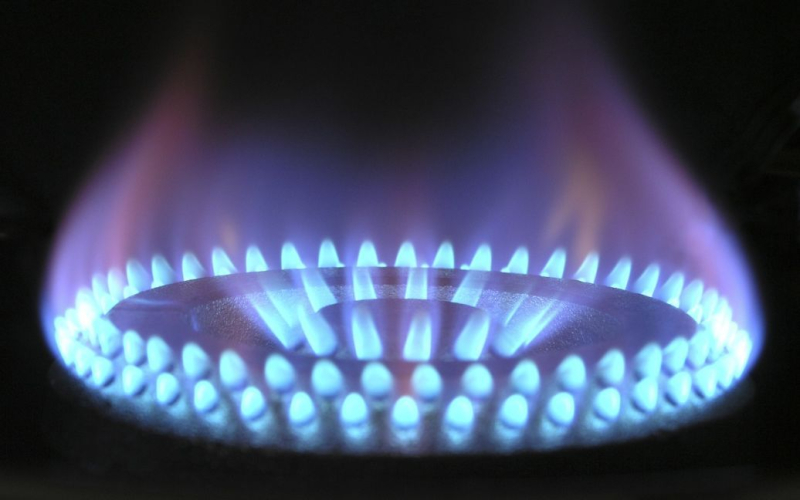For European consumers, this means higher energy bills in 2025. Wholesale gas prices will remain high, above last year's average.
Gas prices in Europe rose significantly on the first trading day of 2025, as the region braces for freezing temperatures after the end of Russian gas transit through Ukraine.
Bloomberg reports this.
According to the publication, benchmark gas for February delivery in the Netherlands initially rose by 4.3%, but as of 11:20 a.m. its price stabilized at 49.10 euros per megawatt-hour, up 0.4% from the previous day.
Frost Increases Demand
Temperatures are forecast to drop sharply in some European countries. In Slovakia, frosts of up to -7°C are expected, which will increase demand for heating.
While Europe is well-supplied with gas this season thanks to alternative supplies, replenishing storage facilities for next winter could be a challenge. Summer gas prices in 2025 are already higher than expected winter prices in 2025-2026, making it difficult to stockpile supplies.
Changing supply routes
After the closure of transit through Ukraine, the only route for Russian gas remains the gas pipeline through Turkey, which supplies fuel to Hungary. Most Central European countries have already switched to alternative energy sources.
For example, Austria now receives gas via Germany and Italy. However, dependence on liquefied natural gas (LNG), including from Russia, remains significant. In 2024, Russia became the second-largest supplier of LNG to the region, second only to the United States.
High price for domestic regions
For landlocked Central and Eastern European countries, importing LNG via Germany, Poland or Greece is expensive. Slovakia has calculated that additional transportation costs from the West will amount to 177 million euros.
“European gas markets are not suffering from a deficit, but the restriction of fuel transportation from West to East creates additional costs for the region,” comments Walter Bolz, energy adviser at Baker & McKenzie LLP.
Competition for LNG is intensifying
Europe will have to compete for LNG with Asia, where a sharp increase in demand is expected in the summer. Although several new LNG plants are being built around the world, significant capacity increases will only occur in a few years.
For European consumers, this means higher energy bills in 2025. Wholesale gas prices will remain high, exceeding last year's average.
Recall that on January 1, 2025, at 7:00, Ukraine stopped transporting Russian natural gas through its territory in the interests of national security.
Read also :
Related topics:
More news

